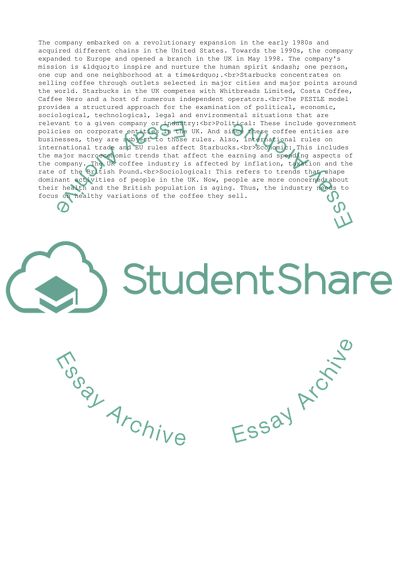Cite this document
(“Contemporary Developments in Business and Management of Starbucks Assignment - 7”, n.d.)
Contemporary Developments in Business and Management of Starbucks Assignment - 7. Retrieved from https://studentshare.org/business/1796477-contemporary-developments-in-business-and-management
Contemporary Developments in Business and Management of Starbucks Assignment - 7. Retrieved from https://studentshare.org/business/1796477-contemporary-developments-in-business-and-management
(Contemporary Developments in Business and Management of Starbucks Assignment - 7)
Contemporary Developments in Business and Management of Starbucks Assignment - 7. https://studentshare.org/business/1796477-contemporary-developments-in-business-and-management.
Contemporary Developments in Business and Management of Starbucks Assignment - 7. https://studentshare.org/business/1796477-contemporary-developments-in-business-and-management.
“Contemporary Developments in Business and Management of Starbucks Assignment - 7”, n.d. https://studentshare.org/business/1796477-contemporary-developments-in-business-and-management.


